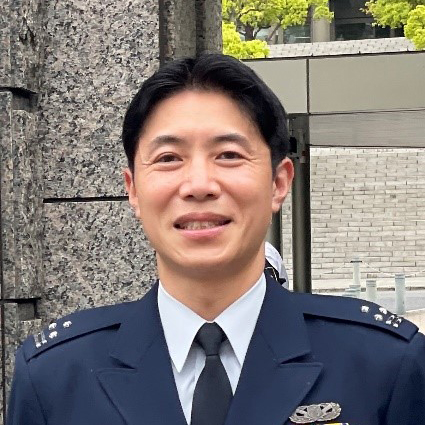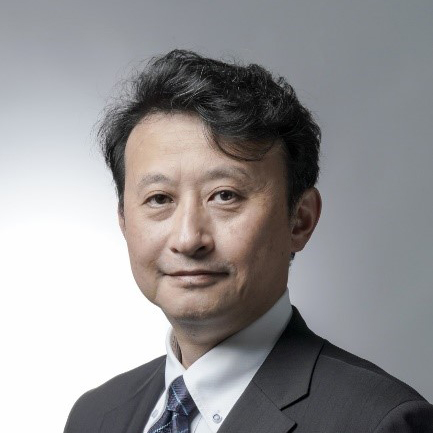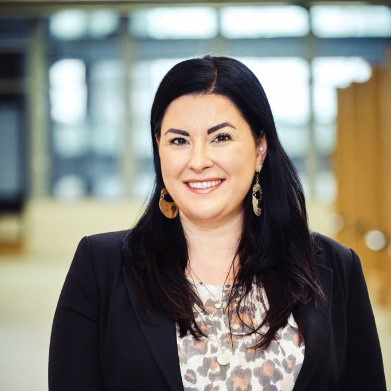I have over 20 years of experience at the Japanese Ministry of Defense and the Ministry of Foreign Affairs. In my experience, I have been a member of the Joint Staff Office and the Air Staff Office as well as commanded units of the Japan Air Self Defense Force. Mainly in the past, I was part of the Defense Planning and Policy Department where I was responsible for acquisition of defense equipment and creating future military strategy, operational plans and capabilities. And I studied International Relations based on National Security as Visiting Scholar at Stanford University. Most recently, I focus on Emerging and Advanced Technologies, DX, Innovation etc. for improvement of our mission capabilities.
Colonel Masahiro Shizu
Chief Director, Innovation Driving Office for Emerging Technology, Japan Air Self Defense Force (Air Staff Office)




